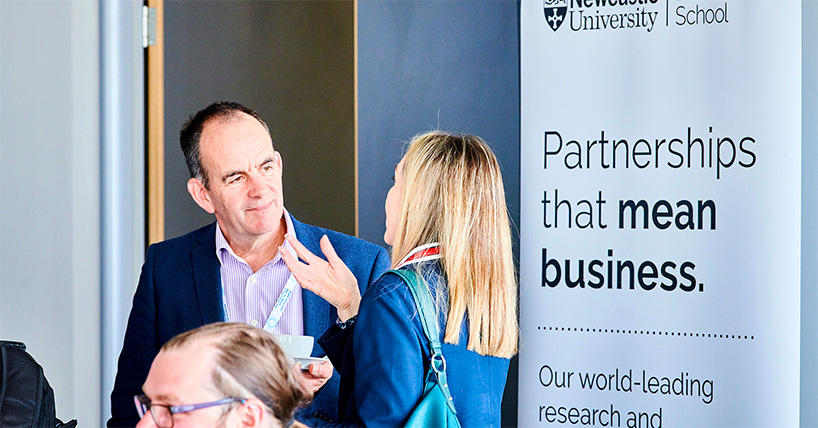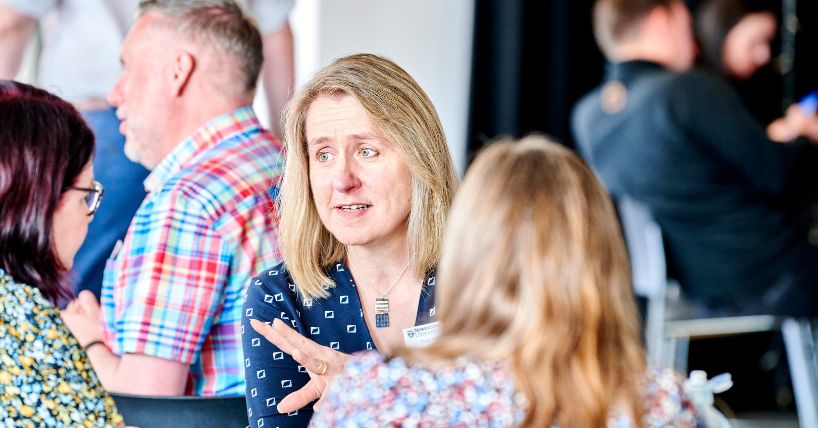Newcastle University Business School
Unlock your potential with innovative courses, industry collaboration and world-leading research at Newcastle University Business School.
Celebrating a Successful Start to 2026 for Our Research Community
Academics and PhD students are making an impact across our subject groups, from new publications and conferences to contributing to workshops.
Creative PEC Boosts Recognition of the Arts in Science and Tech R&D
The Centre has welcomed new guidance which acknowledges the critical role that the arts play in scientific and technological research and development.
Q&A: Clean energy, technology and striving for net zero
Learn about Dr Jo Swaffield’s clean energy projects and how she is supporting the use of innovative energy tech in UK households.









